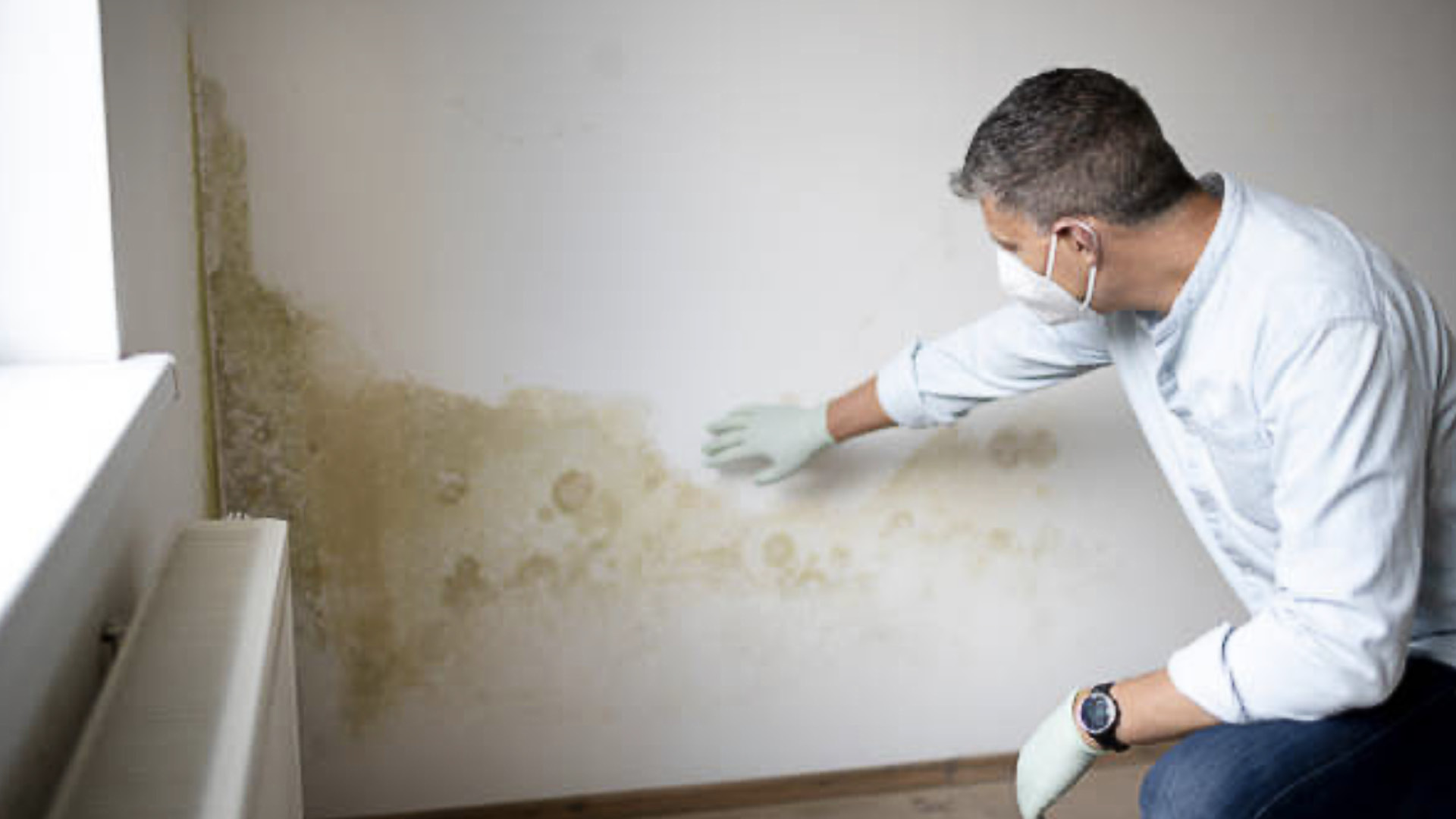
27 May 2024
The occurrence of mold and/or mildew buildup in a self-storage unit is relatively common and a known risk of storage, even in a “climate-controlled” building, since the entry of humidity and moisture from outside elements cannot be fully prevented, no matter what efforts are made by the facility operator. A survey of large-scale commercial properties, whether for retail operations or office use, shows that they share the same reality as self-storage properties. Since the organic conditions for mold and mildew are prevalent in both inside and outside environments, and since leaks and water intrusion are always a possibility, mold and mildew growth can often occur in spite of the use of large commercial HVAC systems meant to prevent such a circumstance.
In the context of self-storage, when property is often left in storage, unattended, for months (if not years), the risk of a tenant finding mold or mildew accumulation upon their return is not uncommon. Since mold and mildew damage occurs over time, the best way for a self-storage tenant to mitigate the risk of mold or mildew damage is for the tenant to regularly monitor and inspect its stored goods. Although it may be a tenant’s choice to “store it and ignore it” for months, it is a choice that could have significant consequences.
More and more rental agreements now specifically include provisions related to the inherent risk of mold and mildew in self-storage. Such provisions provide notice to tenants that their property, regardless of what precautions are in place, is at risk of potential damage from mold and mildew. These special “Mold and Mildew” provisions are in addition to provisions dealing with the definition of “climate-controlled” facilities and the waiver of any warranties. Typical “Mold and Mildew” provisions might read as follows:
***MOLD/MILDEW: Mold and mildew are naturally occurring substances and it is possible to appear or grow on Occupant’s stored property. Operator does not represent that the Space is humidity controlled and does not warrant or represent that a minimum or maximum humidity will be maintained at any time during the term. Occupant understands that there is a risk of the growth of mold and/or mildew on Occupant’s stored property in any Space. Operator does not warrant the Space to be water-tight or dry. Occupant is solely responsible for preventing mold and/or mildew on Occupant’s stored property in the Space. Occupant hereby releases Operator from any liability for mold and/or mildew on Occupant’s stored property from whatever source and no matter how it occurs. Occupant shall take whatever steps necessary to protect against and prevent mold in their stored property. Occupant understands that any personal property brought into the Space that is damp or wet will likely grow mold and/or mildew. ***
Even though self-storage tenants retain the “care, custody and control” of their stored belongings, it is not unusual for a tenant to seek blame and recovery against the operator should damages occur. A self-storage tenant can significantly mitigate the risk of loss and/or damage to its stored property by regularly inspecting its stored goods. Whereas in the past this duty has been an implied obligation of the tenant renting the space, more and more operators are electing to impose a duty of regular inspections upon its tenants so as to protect themselves from possible claims of property loss or damage via mold or mildew after a tenant vacates. Such inspection language might be added as follows:
Occupant agrees to periodically inspect the Space and the personal property stored in the Space and take any and all actions necessary to protect Occupant’s stored property from mold and/or mildew.
Operators need to protect themselves from the presumption that they are offering or guaranteeing that their tenant’s property is safe from any risks, especially risks due to conditions like temperature and humidity that they cannot fully control. So, a review and update of their rental agreements to address these issues may be pertinent for certain facilities, especially those in humid climates.
This article was originally published by Modern Storage Media and written by Scott Zucker, May 16th, 2024.
Scott Zucker is a founding partner in the Atlanta law firm of Weissmann Zucker Euster Morochnik &Garber P.C. and has been practicing law since 1987. Scott represents self-storage owners and managers throughout the country on legal matters including property development, facility construction, lease preparation, employment policies and tenant claims defense. He also provides, on a consulting basis, advice to self-storage companies in the areas of foreclosure and lien sales, premises liability and loss control safeguards. Scott can be reached at 404-364-4626 or by e-mail at Scott@wzlegal.com